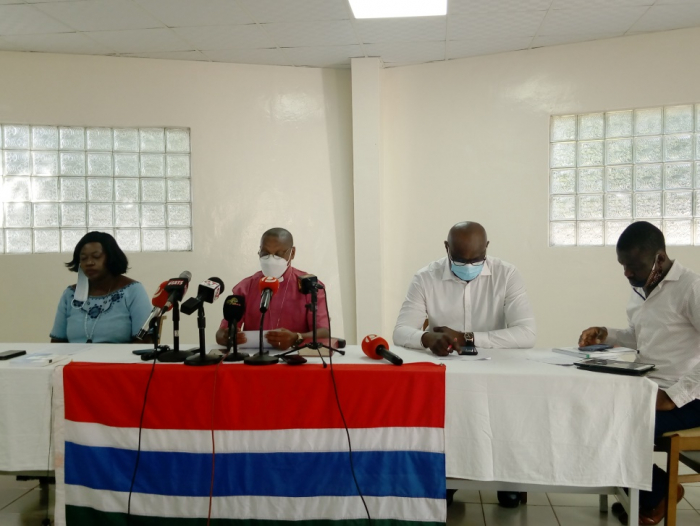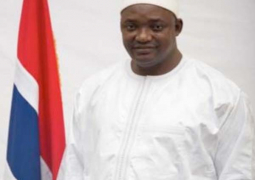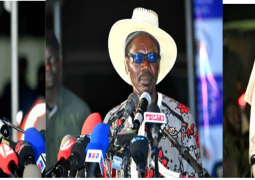
“Section 36 allows an unprecedented restricting of the fundamental human rights of Gambians. We are concerned that the Christians can under the constitution one day find their religious freedoms being restricted and this is not a risk we are prepared to take.”
Bishop Odico was speaking yesterday during a press conference held at the GCC conference hall along the MDI Road in Kanifing. Officials said the presser was meant for the Christian Council to issue a statement on the release of the 2020 Draft Constitution.
The Bishop added: “Moreover section 37 is inconsistent with the United Nations International Covenant on Civil and Political Rights (ICCPR) as it doesn’t mention all the absolute fundamental human rights that should not be encroached upon by a state party like The Gambia.”
He opined that in section 49 (3), by using “may not” rather than “shall not” doesn’t unequivocally prevent a Christian or for that matter a citizen from being denied access to any institution, employment facility, or the enjoyment of any right, because of their belief or religion.
The GCC chairman further added that whilst it is reassuring that sections 88 and 153 state that the President and National Assembly can’t establish a state religion, however, this prevision is completely undermined by the reinforcement and expansion of religious legal system that is designed to operate at par with the common law system in the 2020 constitution.
Furthermore, the draft constitution is silent on the state being separate from all religious affairs to avoid the abuses of the Jammeh regime in any future government.
“A new religious Legal System would be imposed on all citizens of The Gambia irrespective of their religion as under section 188, the Shari’ah High Courts were given “original jurisdiction” to hear and determine all matters relating to marriage, divorce, inheritance, and endowment (waqf) amongst people who are subject to Shari’ah in that regard.”
The two-fold implications of this, he added, are that a Christian who is married to a Muslim or the Christian wife and children of a deceased Muslim would be subject to Shari’ah law.
“The majority of Gambians citizens (both Christian and Muslims) would not be able to seek legal redress under the Common Law System on cases relating to family matters as they are able to do under the 1997 Constitution which specifically provides an opt out for such persons.”
Under section 191, he explained, Shari’ah competence for judges up to the Superior Courts has been mandated for any case that involves a Muslim in the areas of marriage, divorce, inheritance and endowments, whilst at the same time the requirement for Common Law competence has been completely expunged from the judiciary section.
The 2020 constitution, Bishop Odico said, has left the door open for the laws of The Gambia to be amended without a referendum under section 10 since section 10 is not of the entrenched clauses of the draft constitution.
“As Christians, our hope for our homeland is that we will build a Gambia where there’s a place for every Gambian irrespective of his or her belief or ethnolinguistic background. Our desire is that any new constitution would safeguard the future of all Gambians and protect their rights as citizens.”
The Gambia Christian Council, he further added, advises that a team of competent, objective, unbiased professionals from the various interest groups be set up to review especially those areas where there has been a deadlock or opposing views.
“This should happen together with the main stakeholders in a bid to find a win-win solution and a constitution that will build up our nation and not divide us.”
Read Other Articles In Headlines




